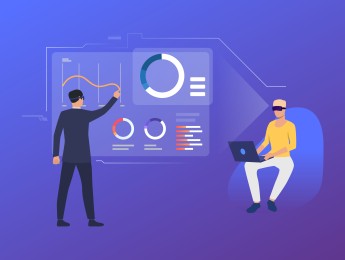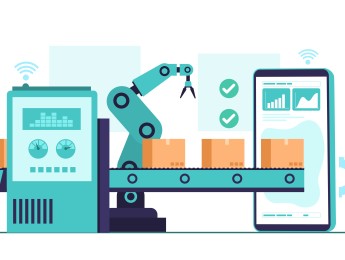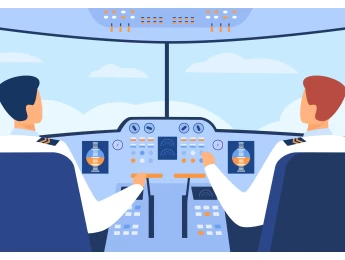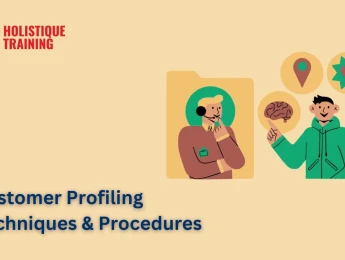As global demand for food increases and climate patterns grow more unpredictable, agriculture is undergoing a digital transformation. Artificial Intelligence (AI) is emerging as a critical tool in smart farming—offering solutions for precise crop forecasting, efficient resource use, and data-driven farm management.
This course provides a practical and strategic introduction to AI applications in agriculture. Participants will explore how machine learning, computer vision, and predictive analytics can be used to improve crop yields, reduce waste, and optimize the use of water, fertilizers, and energy. From satellite data to sensor integration, this program equips professionals with the skills to implement smart agriculture systems that are sustainable, scalable, and responsive to real-world challenges.
By the end of this course, participants will be able to:
- Understand the core concepts of AI in agricultural contexts.
- Apply predictive models for crop yield estimation and disease forecasting.
- Analyze farm data from sensors, drones, and satellite imagery.
- Implement AI solutions for irrigation, fertilization, and pesticide optimization.
- Integrate smart agriculture tools with IoT platforms and farm management systems.
- Address environmental, ethical, and data privacy challenges in agri-tech.
- Design and plan AI-enabled strategies for precision farming.
This course is ideal for:
- Agronomists and agricultural engineers.
- Data scientists and AI practitioners working in agriculture.
- Farm owners and agritech entrepreneurs.
- Agricultural policy makers and sustainability officers.
- Researchers and students in environmental technology or agricultural science.
- Technologists developing AI or IoT-based solutions for rural sectors.
The course includes instructor-led presentations, hands-on labs with sample agricultural datasets, case study analysis, and solution design workshops. Participants will build basic AI models, explore farm analytics platforms, and collaborate on scenario-based exercises to reinforce learning.
Day 5 of each course is reserved for a Q&A session, which may occur off-site. For 10-day courses, this also applies to day 10
Section 1: AI in Agriculture – Opportunities and Impact
- The role of AI in addressing modern agricultural challenges.
- Overview of smart farming technologies: sensors, drones, satellites.
- From manual to predictive agriculture: how AI shifts decision-making.
- Use cases: crop forecasting, livestock health, climate adaptation.
- Global trends and innovations in agri-tech.
Section 2: Crop Forecasting and Predictive Modeling
- Machine learning techniques for crop yield prediction.
- Data collection from soil sensors, weather feeds, and historical yields.
- Identifying disease and pest outbreaks with AI classifiers.
- Using time-series analysis for season planning and harvesting.
- Workshop: Build a basic crop prediction model using training datasets.
Section 3: Optimizing Resources with AI Tools
- AI in irrigation: predicting water needs and scheduling precision irrigation.
- Fertilizer usage optimization using soil condition analysis.
- AI-powered pest and weed detection through image classification.
- Reducing input waste and maximizing efficiency with predictive analytics.
- Case study: Smart greenhouse management with AI feedback systems.
Section 4: Integrating AI with Farm Systems
- Introduction to IoT devices and remote sensing in agriculture.
- Connecting AI models with farm management platforms (FMS).
- Real-time monitoring and control using dashboards and alert systems.
- Automation of field operations based on AI insights.
- Demo: Simulating a smart farm setup using open-source tools.
Section 5: Sustainability, Ethics, and Future Directions
- Ensuring sustainability through precision resource use.
- Ethical concerns in data ownership and access for farmers.
- Challenges of AI adoption in rural and developing regions.
- The future of autonomous farming and robotics in agriculture.
- Final project: Present a smart agriculture plan using AI tools for a chosen crop or region.
Upon successful completion of this training course, delegates will be awarded a Holistique Training Certificate of Completion. For those who attend and complete the online training course, a Holistique Training e-Certificate will be provided.
Holistique Training Certificates are accredited by the British Accreditation Council (BAC) and The CPD Certification Service (CPD), and are certified under ISO 9001, ISO 21001, and ISO 29993 standards.
CPD credits for this course are granted by our Certificates and will be reflected on the Holistique Training Certificate of Completion. In accordance with the standards of The CPD Certification Service, one CPD credit is awarded per hour of course attendance. A maximum of 50 CPD credits can be claimed for any single course we currently offer.
- Course Code PI2 - 129
- Course Format Classroom, Online,
- Duration 5 days













